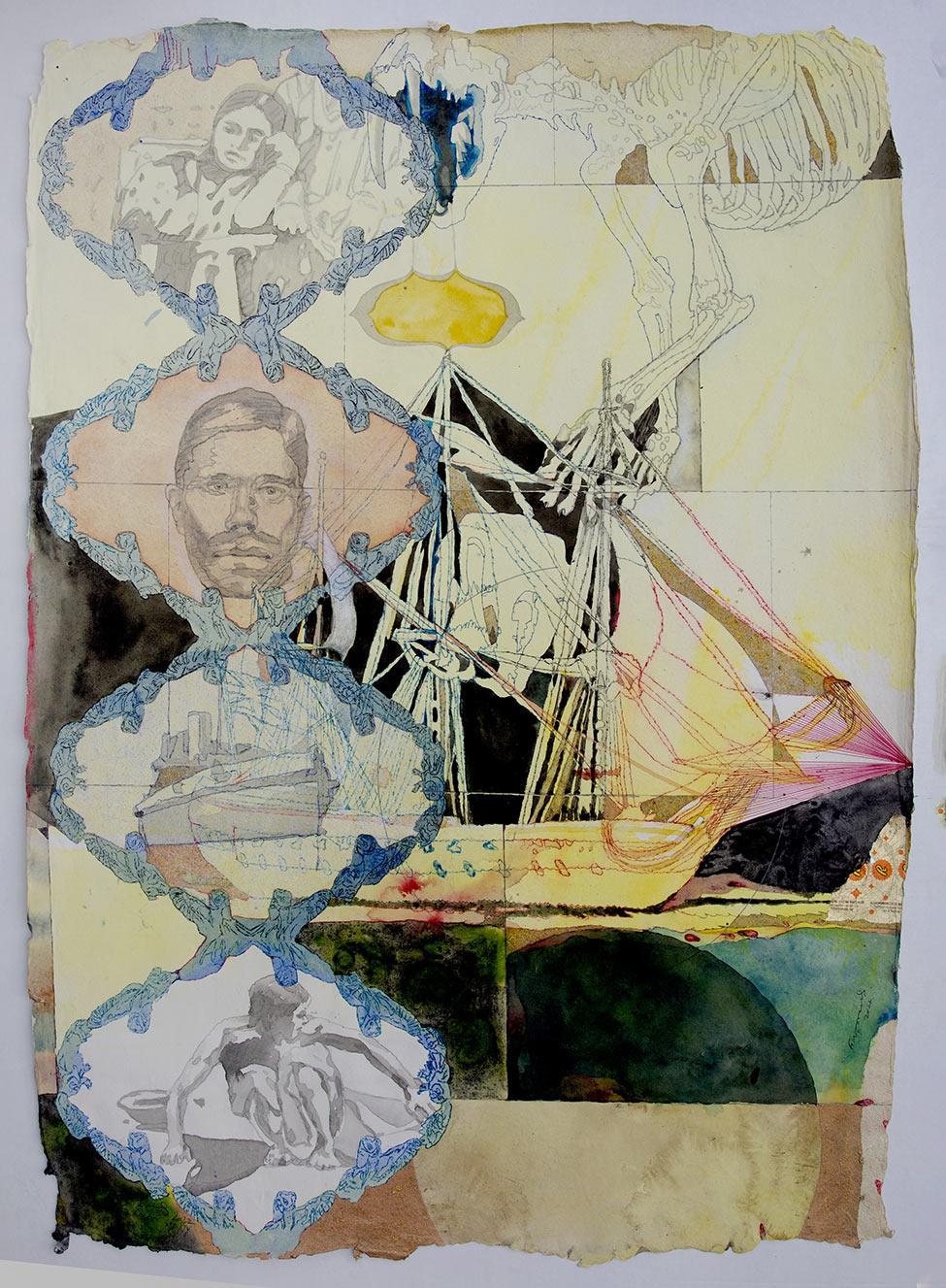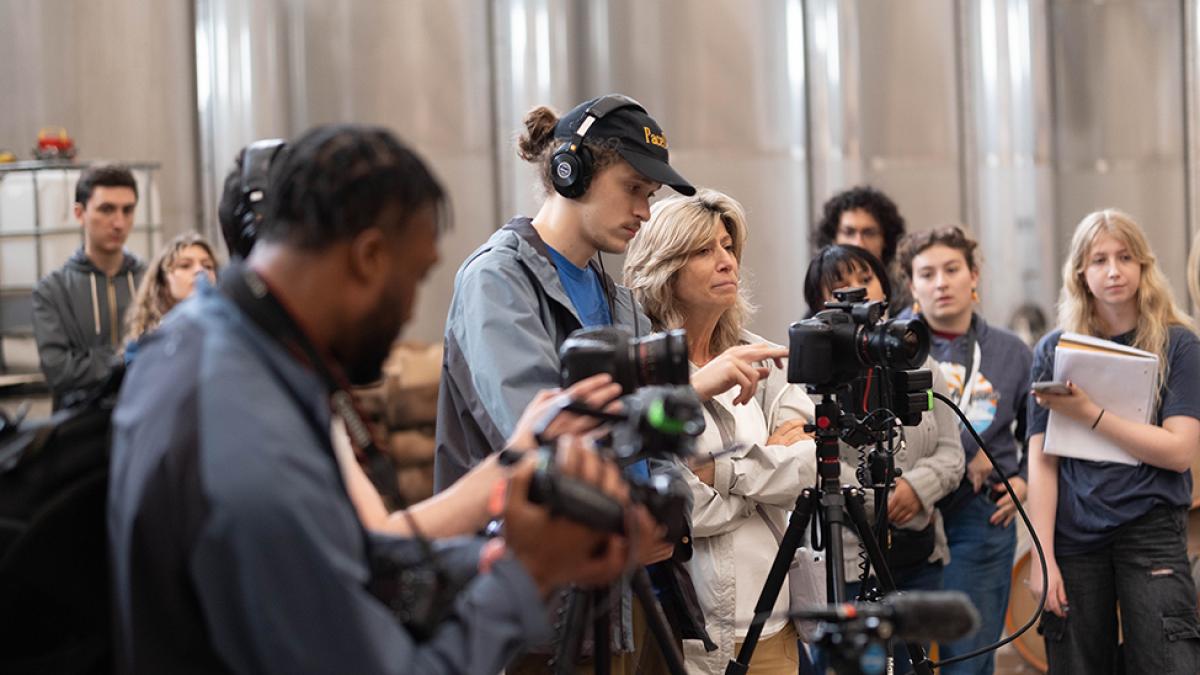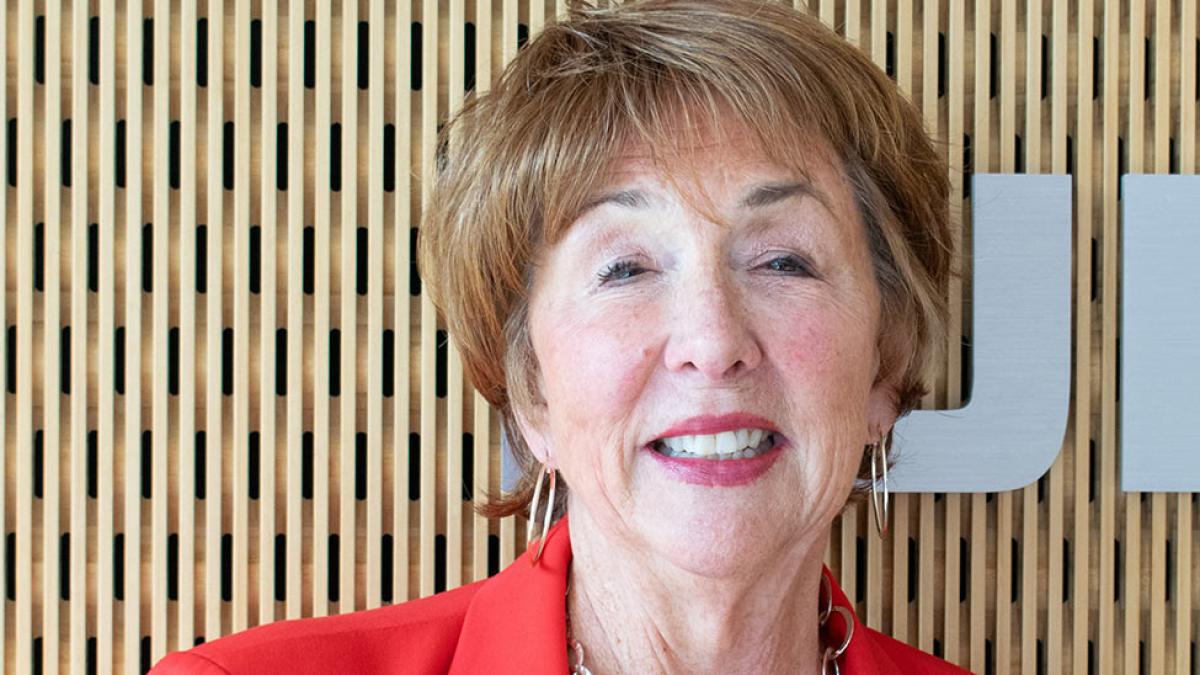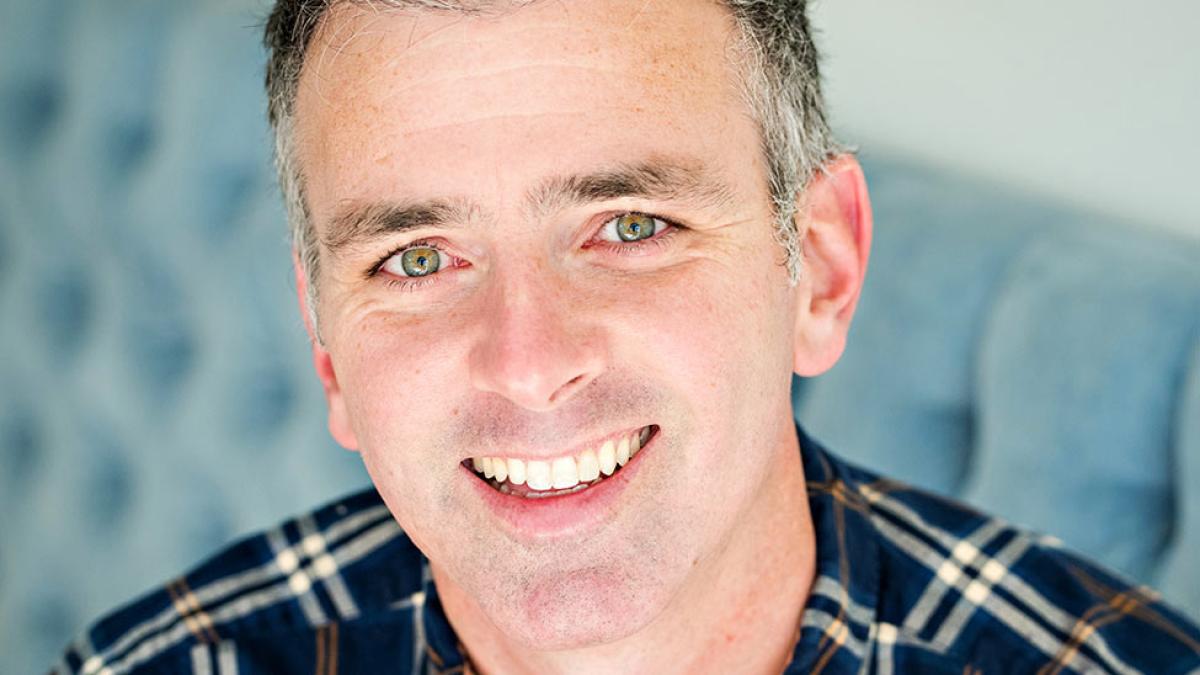
Artist Firoz Mahmud Traces Interconnected Histories and Migrations from Bangladesh to New York
‘Inscaping Legacies’ Exhibit Opens on September 30 at Pace University Art Gallery
Pace University Art Gallery is pleased to present “Inscaping Legacies,” a major solo exhibition by the interdisciplinary artist Firoz Mahmud. Mahmud’s work draws on the histories of the South Asian Bengal region in which he is deeply rooted, and where many historical cities have been transformed by colonialism. Curated by Clinical Assistant Professor of Art and Pace gallery director Sarah Cunningham, MFA, the exhibit opens for viewing on Saturday, September 30 with a later reception on Tuesday, October 3 from 5:00 p.m.–7:00 p.m. The artist will also give a talk about his work on Wednesday, October 18 at 6:30 p.m.

Mahmud traces the paths of these complex legacies along their continuum to the present Bengali immigrant communities in New York City. Mahmud, whose father and grandfather were academic historians and writers, has been drawn to itihash (history) and vugol (geography) since he was young. Drawing and painting in a wide array of media, he now juxtaposes themes of socio-political culture, tradition, history, and myths in a manner that begs the question of how they exist today. Mahmud links disparate times, places, and perspectives through diagrammatic drawings that chart the impact of colonialism and the Bengali diaspora.
For the work in this exhibition, he poignantly interrelates his own and fellow Bengali immigrants’ contemporary experiences moving to New York with Vivek Bald’s research in Bengali Harlem and the Lost Histories of South Asian America, a meticulous reconstruction of Bangladeshi immigration in the late 19th and early 20th centuries that “reveals a lost history of South Asian sojourning and life-making in the United States.”
![“[B/ Khilji / Islamism in Bengal]” from “Syncretic Preach” series.](/sites/default/files/styles/1200_width/public/2023-09/article-inline-syncretic-preach.jpg?itok=IMohiNjz)
In his multilayered palimpsests, Mahmud uses both established and invented iconographies combined with images he draws from historical photographs. He creates seemingly disjointed visual narratives that explore the process of remembering our own cultural histories and those of our neighbors through interconnected depictions of old palaces and forts, spice trees and herbaceous plants, wild animals, migrational and geographical traces, and colonial traders.
“Living and confronting different cultures, regions and horizons vacillated most of my art projects, which made me a person of mixed feelings. But I don't want to lose my own culture, history, and legacy,” he says, emphasizing the imperative of his visual storytelling.
This exhibit, which remains on view through Saturday, October 28, 2023 is made possible by the New York State Council on the Arts with the support of the Office of the Governor and the New York State Legislature. The gallery is located in Lower Manhattan at 41 Park Row.
All of the gallery’s exhibits and events are free and open to the public. Regular gallery hours are Tuesday—Saturday from 12:30 p.m.–4:30 p.m. and by appointment.
About the Artist
Firoz Mahmud (b. 1974, Bangladesh) migrated recently to New York from Tokyo under Asian Cultural Council Fellowship and he attended Lower Manhattan Cultural Council’s Workspace Residency 2022–2023 in NYC. He has participated in renowned recurring international exhibitions including the Bangkok Art Biennale, Congo Biennale, Ostrale Biennale, Lahore Biennial, Dhaka Art Summit, Setouchi Triennale (BDP), Aichi Triennial, Sharjah Biennale, Cairo Biennale, Echigo-Tsumari Triennial, 1st Immigrant Artist Biennial NY, Asian Biennale. Mahmud’s art has been featured in exhibitions including at the Office of Contemporary Art, Oslo; MAXXI Museum of 21st Century Arts, Rome; Metropolitan MostingsHus, Copenhagen; Bengal Gallery, Dhaka; “Contemporary Art of Bangladesh, India and Pakistan,” Asia House London; Jamaica Flux, NY; Hunter East Harlem Gallery, NY; Center Pompidou, Paris (COAL Prize); Asia Art Initiative, Philadelphia; Hiroshima Museum of Contemporary Art; and, in Tokyo, Geidai University Art Museum; and Mori Art Museum Center Gallery. In addition, he has had recent solo exhibitions at New Jersey City University and York College, PA. Mahmud was a postgraduate fellow at Rijksakademie VB Kunsten, Amsterdam, and did his MFA at Tama Art University Tokyo and his BFA at Dhaka University. He is represented by Ota Fine Arts (Tokyo, Singapore, Shanghai) and Exhibit320 (New Delhi).
About the Pace University Art Gallery
Founded with the conviction that art is integral to society, the Pace University Art Gallery is a creative laboratory and exhibition space that supports innovation and exploration for both artists and viewers. Open to students, staff, and faculty from across the Pace campuses and, equally, to the Lower Manhattan community and visitors from around the world, the Art Gallery encourages personal investigation and critical dialogue via thought-provoking contemporary art exhibits and public programming. Enhancing the Art Department's Bachelor of Arts and Bachelor of Fine Arts programs, the Art Gallery offers students real-world opportunities to exhibit their own art and to work directly with professional artists to install and promote exhibitions. All exhibits and events are free and open to the public.
About Dyson College of Arts and Sciences
Pace University’s liberal arts college, Dyson College, offers more than 50 programs, spanning the arts and humanities, natural sciences, social sciences, and pre-professional programs (including pre-medicine, pre-veterinary, and pre-law), as well as many courses that fulfill core curriculum requirements. The College offers access to numerous opportunities for internships, cooperative education and other hands-on learning experiences that complement in-class learning in preparing graduates for career and graduate/professional education choices.
About Pace University
Since 1906, Pace University has been transforming the lives of its diverse students—academically, professionally, and socioeconomically. With campuses in New York City and Westchester County, Pace offers bachelor, master, and doctoral degree programs to 13,600 students in its College of Health Professions, Dyson College of Arts and Sciences, Elisabeth Haub School of Law, Lubin School of Business, School of Education, Sands College of Performing Arts, and Seidenberg School of Computer Science and Information Systems.


